Director of Communications, University of Michigan Rogel Cancer
Fawcett leads a team of communicators who produce targeted, innovative communication for the Rogel Cancer Center’s research and clinical enterprises. Prior to Michigan Medicine, Fawcett was a reporter at the Detroit News and editor for a web-based community for people with disabilities.

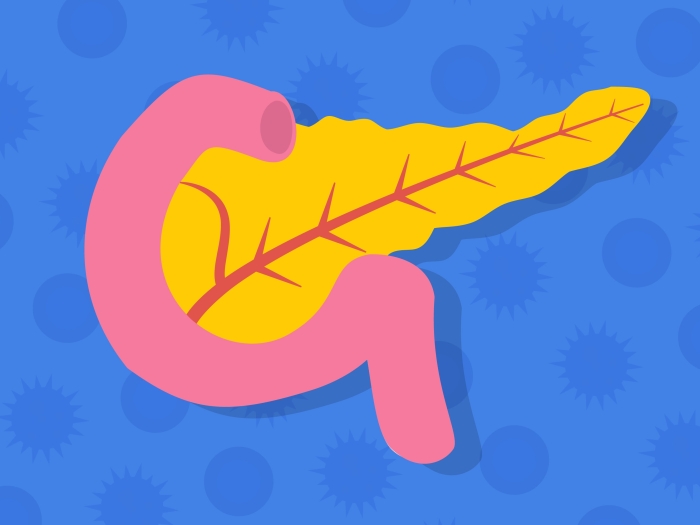
Health Lab
A metabolic cross-talk pathway between cancer and noncancer cells in pancreatic tumors delivers an alternative nutrient to the cancer cells, facilitating tumor growth.
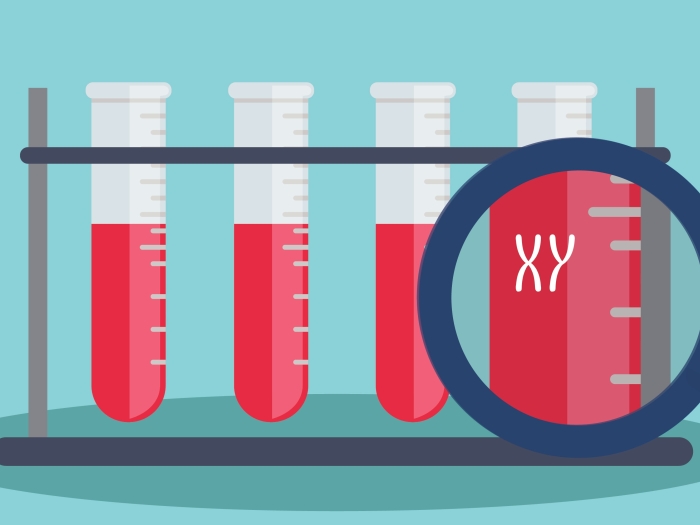
Health Lab
Few tumor samples from minorities means research is likely missing key mutations that fuel cancer in different racial or ethnic groups.
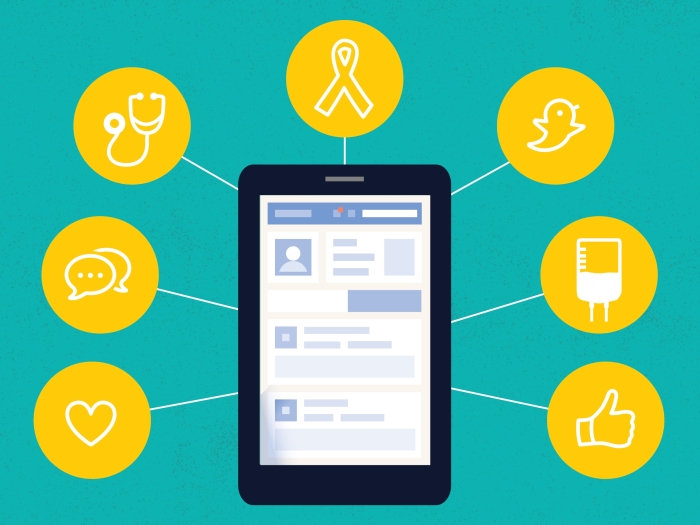
Health Lab
University of Michigan researchers find that breast cancer patients who are active on social media may be more satisfied with treatment decisions. Here's why.

Health Lab
University of Michigan researchers found that despite rapid growth in post-treatment imaging of thyroid cancer, survival rates have not improved. Find out why.
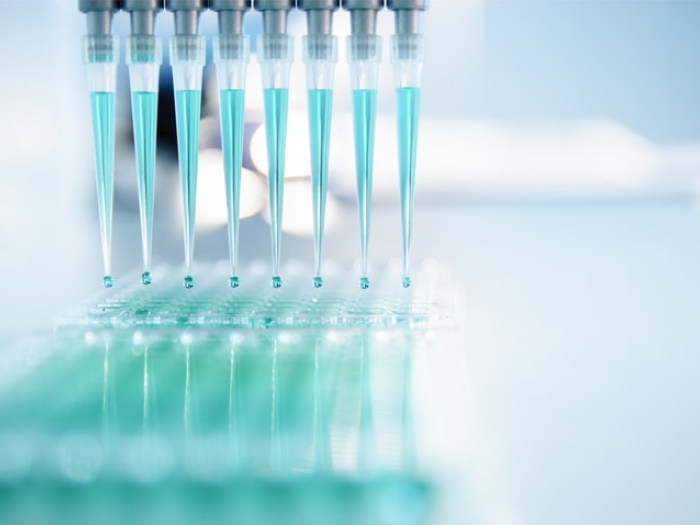
Health Lab
Researchers found inherited genetic mutations were more common in men with metastatic prostate cancer. Here are two important implications of their findings.
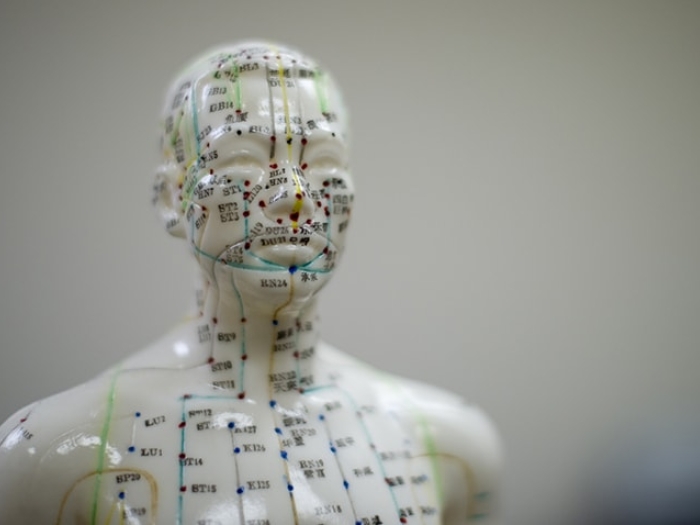
Health Lab
Read the findings of a new study suggesting that acupressure offers a low-cost way for breast cancer patients to manage cancer related fatigue and sleep loss.
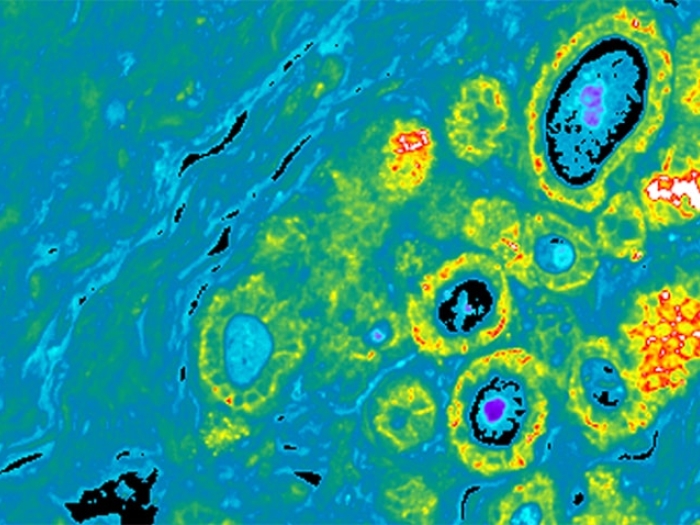
Health Lab
Learn how biomarker ratio imaging microscopy (BRIM), a new technology developed at University of Michigan, determines the aggressiveness of stage 0 breast cancer.
Health Lab
Learn how RhoC gene contributes to the growth of aggressive cancer cells and find out how future cancer treatments may exploit this molecular vulnerability.
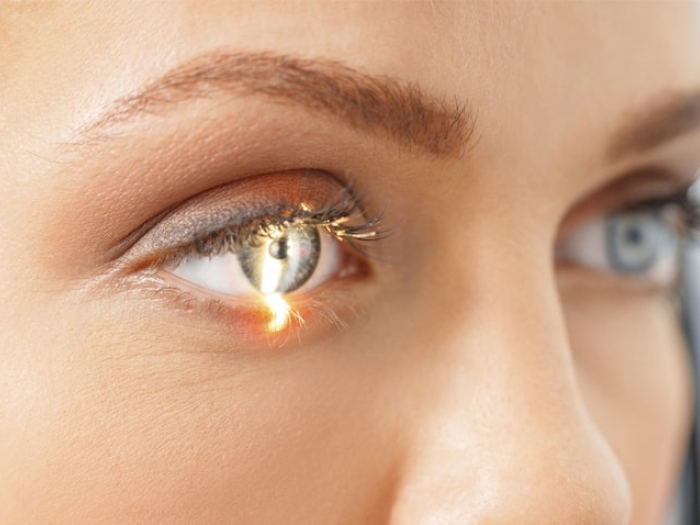
Health Lab
University of Michigan researchers are identifying opportunities to treat rare eye cancers with new targeted therapies being used for other types of cancer.
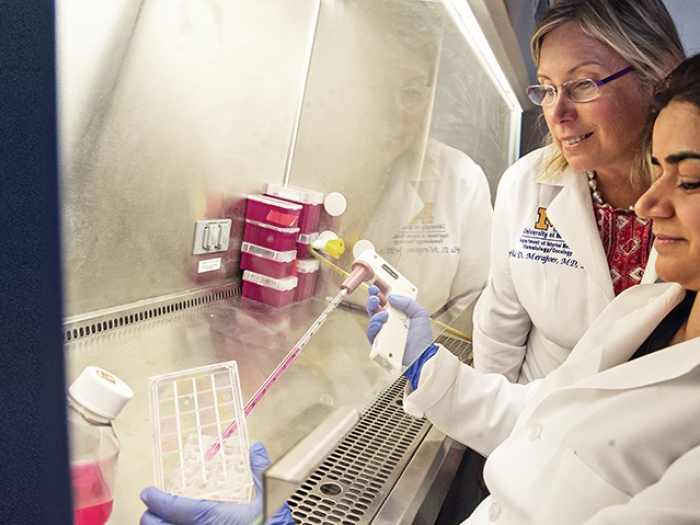
Health Lab
Researchers at the University of Michigan have identified a promising new drug compound, UM-164, for treating triple-negative breast cancer.

Health Lab
Research suggests immune T cells help reverse chemotherapy resistance in ovarian cancer. See how immunotherapy drugs could play an important role in treatment.
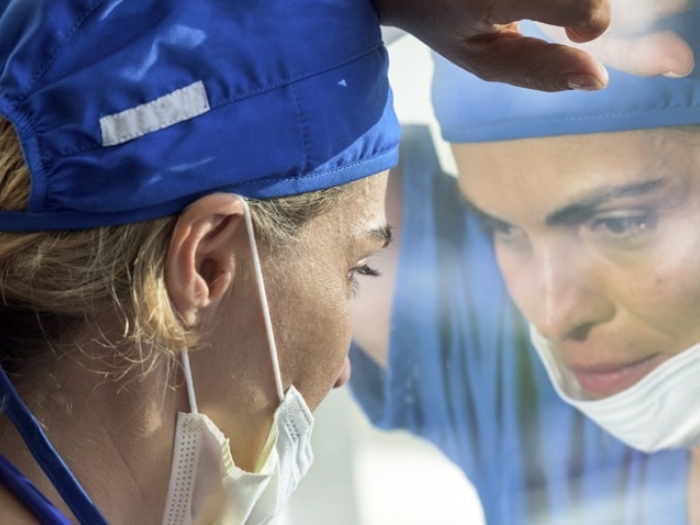
Health Lab
A new study reveals that 30% of female physicians report experiencing sexual harassment in the workplace and both men and women perceive and experience gender bias.

Health Lab
African-Americans diagnosed with colorectal cancer at a young age had worse outcomes compared to other patients. Learn what could be causing the disparity.
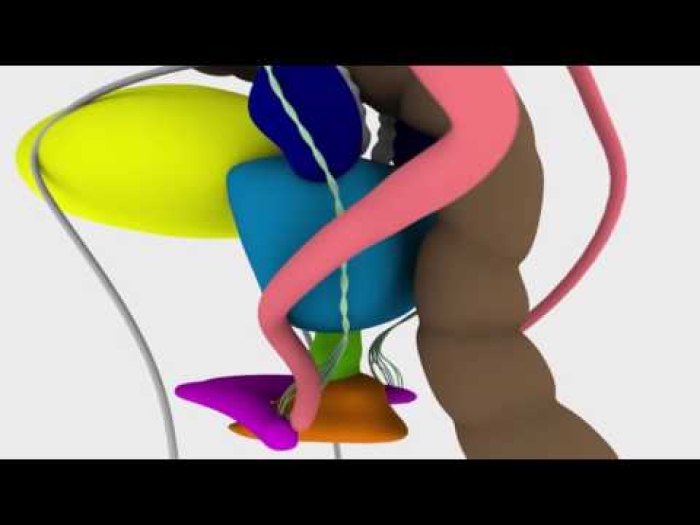
Health Lab
Vessel-sparing radiation combined with a better understanding of prostate anatomy is helping doctors treat prostate cancer while minimizing side effects.
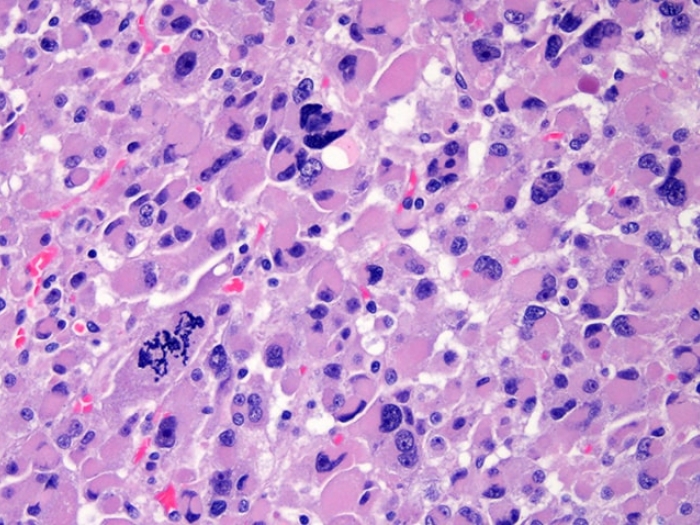
Health Lab
Researchers from across the globe, including University of Michigan, have identified genes that could assist in diagnosing and predicting adrenal cancer.